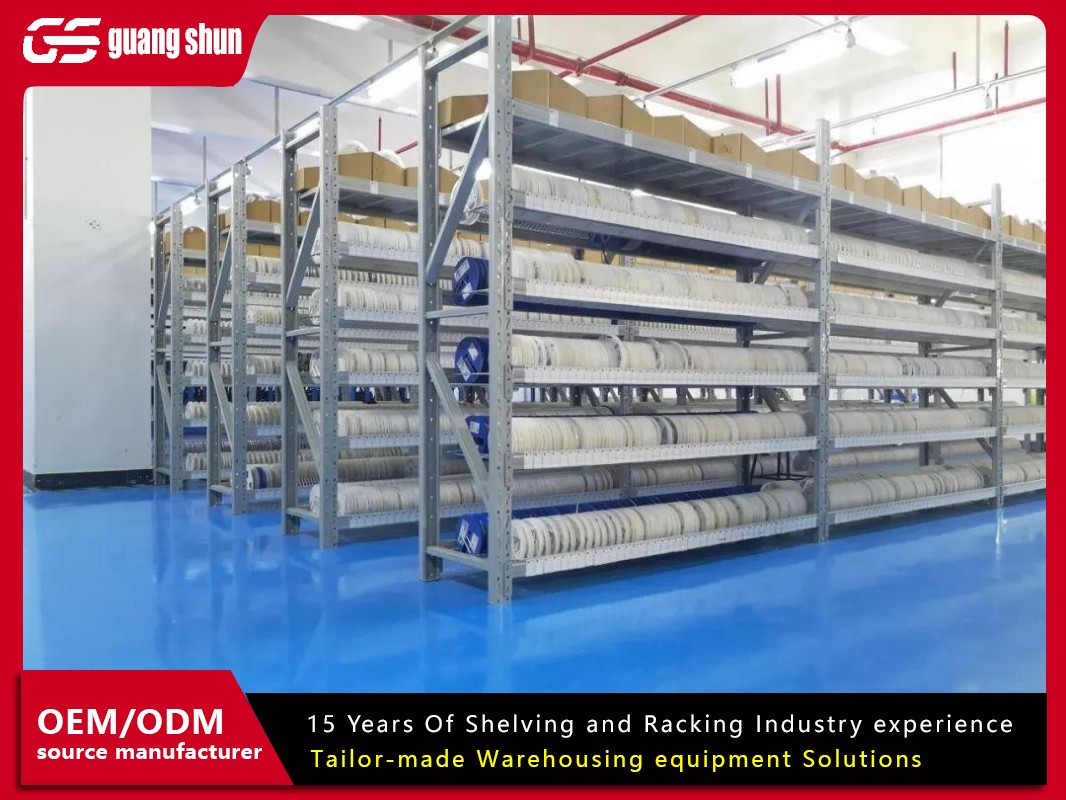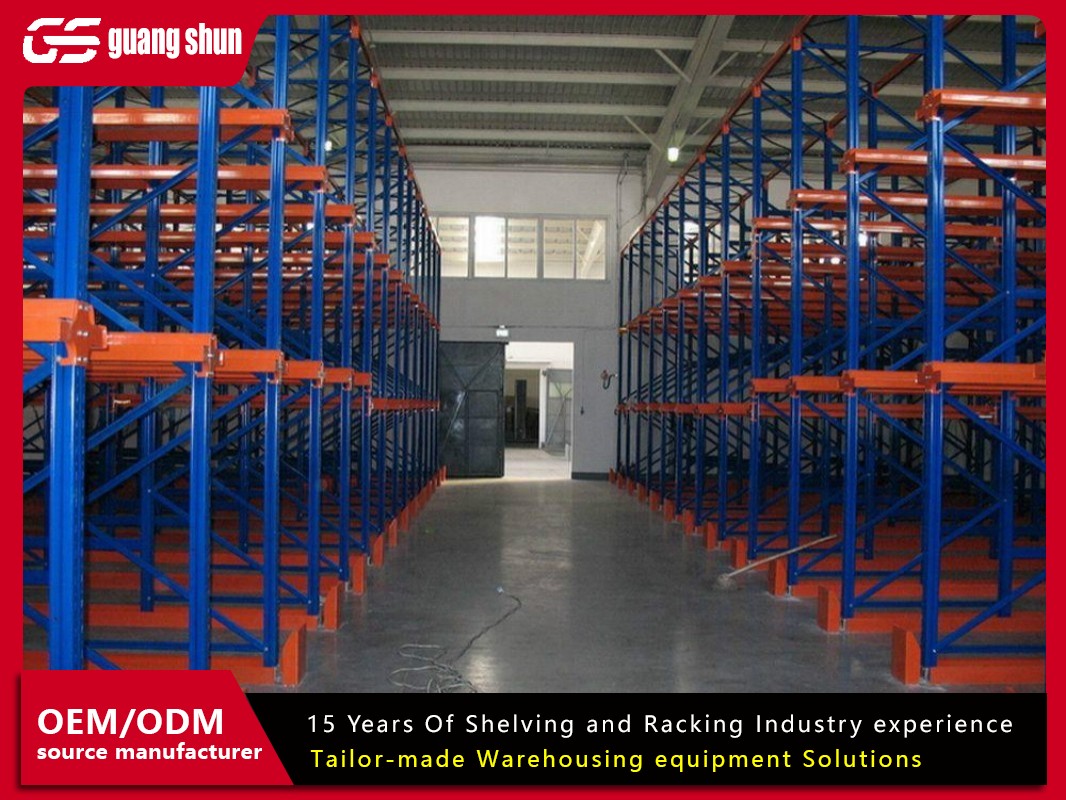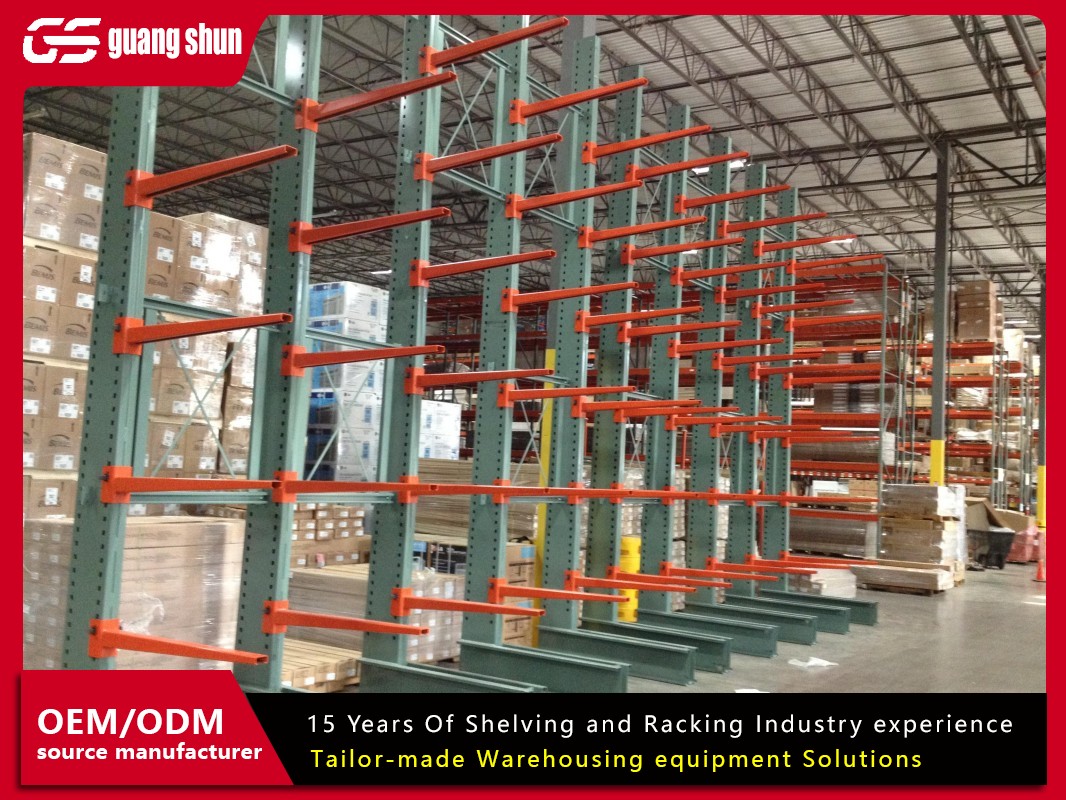The backbone of any efficient warehouse or distribution center lies in its storage infrastructure. At the heart of this infrastructure are industrial storage systems, primarily racking, which transform empty spaces into organized, high-density storage powerhouses. Selecting the right racking suppliers is not just a purchase decision; it's a strategic partnership that impacts safety, productivity, scalability, and your bottom line for years to come. This comprehensive guide dives deep into the world of racking suppliers, exploring five critical aspects to empower your decision-making process.
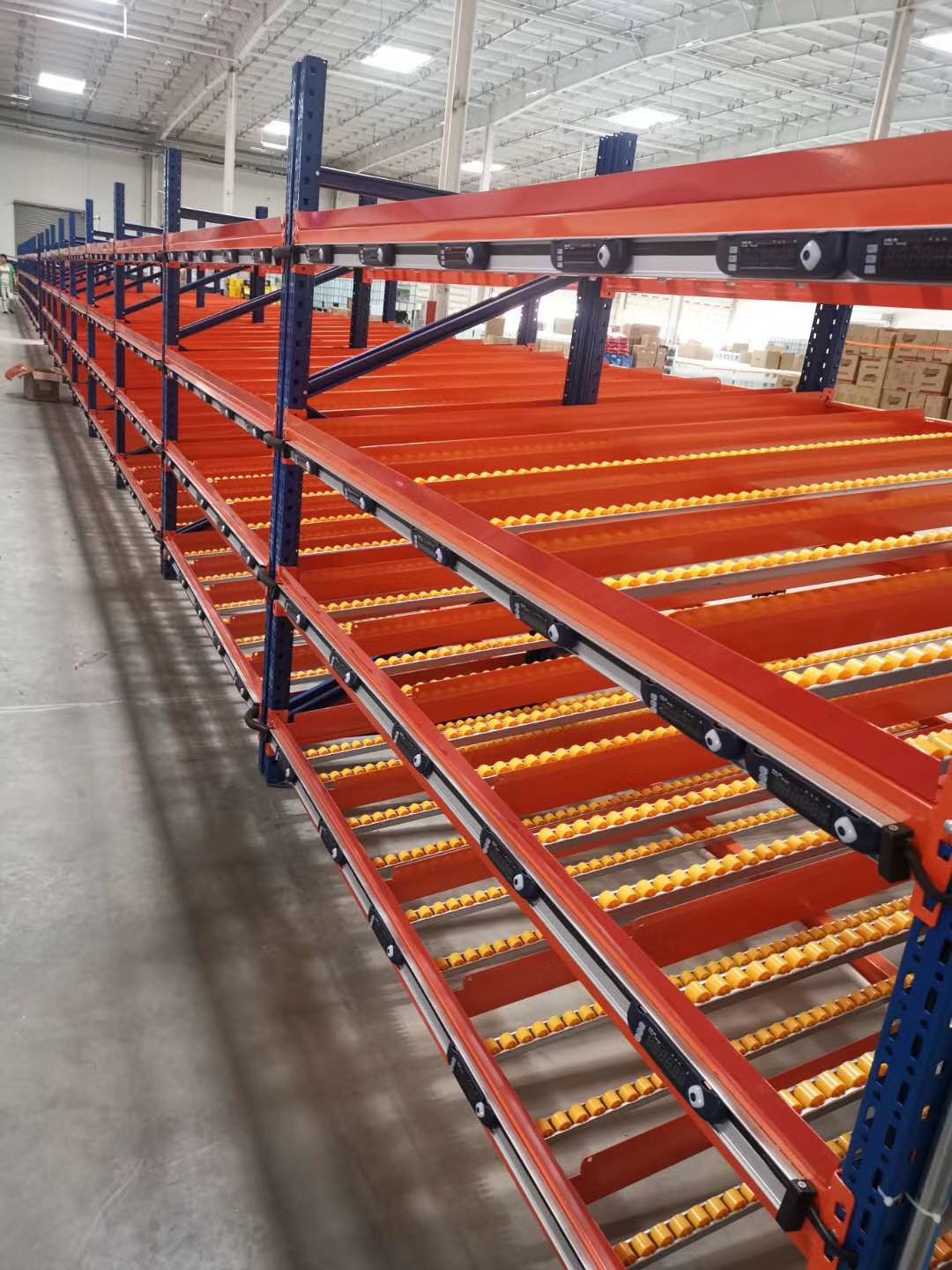
1. Understanding the Spectrum of Racking Suppliers: Types and Specializations
Not all racking suppliers are created equal. The market encompasses a diverse range of players, each with its strengths and focus areas:
Manufacturers: These are the originators. They design, engineer, and fabricate the actual racking components (beams, frames, wire decking, etc.). They often have extensive in-house engineering teams, rigorous quality control processes, and direct control over materials and production. Partnering directly with a manufacturer can offer advantages in customization, potentially lower costs for large projects (cutting out middlemen), and deep technical expertise. Reputable manufacturers also provide certified load capacity calculations and engineering drawings crucial for safety and compliance.
Distributors/Resellers: These companies act as intermediaries between manufacturers and end-users. They typically represent multiple manufacturers, offering a broader portfolio of racking types and brands. Their value lies in local market knowledge, established logistics networks for delivery, and often, strong installation and service teams. They provide a "one-stop-shop" experience, handling everything from sales and design support to installation and maintenance. For businesses seeking variety or localized service, distributors are key racking suppliers.
Full-Service Material Handling Integrators: These are large-scale solution providers. They go beyond just supplying racking; they design, supply, and integrate the entire material handling system. This includes racking, conveyor systems, automated storage and retrieval systems (AS/RS), warehouse management software (WMS), and more. They are ideal partners for complex, high-volume, or automated warehouse projects where seamless integration of all components is paramount. While they may source racking from manufacturers, their role as system integrators positions them as high-level racking suppliers within a broader context.
Specialized Niche Suppliers: Some racking suppliers focus intensely on specific types of racking or market segments. Examples include suppliers specializing exclusively in:
Used/Refurbished Racking: Offering cost-effective solutions, often with inspection and certification services.
Specific Rack Types: Deep dive experts in cantilever racking for lumber/pipe, mobile aisle systems, or specialized archive shelving.
Industry Verticals: Suppliers with deep expertise in cold storage racking (requiring specific materials and coatings), automotive parts storage, or retail backroom solutions.
Understanding these categories helps you target the right type of racking supplier based on your project's scale, complexity, budget, and need for additional services.
2. The Core Product: Range of Racking Systems Offered
The mark of a competent racking supplier is the breadth and depth of their product portfolio. They should offer solutions to address diverse storage needs and space constraints. Key systems include:
Selective Pallet Racking: The most common and versatile system, offering direct access to every pallet location. Essential racking suppliers provide various configurations (teardrop, structural boltless) and weight capacities.
Drive-In/Drive-Thru Racking: Designed for high-density storage of homogeneous products with high turnover (LIFO or FIFO). Requires specialized forklift operation.
Push Back Racking: Offers high density with better selectivity than drive-in systems. Pallets are stored on nested carts on inclined rails, pushing back as new pallets are loaded (LIFO).
Pallet Flow Racking: Utilizes gravity rollers on an incline for high-density, high-throughput FIFO inventory management. Ideal for perishables or items with expiration dates.
Cantilever Racking: Specifically designed for long, bulky, or irregularly shaped items like lumber, pipe, carpet rolls, or furniture. Features sturdy arms extending from a central column.
Carton Flow Racking: Similar to pallet flow but designed for cases or cartons, enabling high-density picking in fulfillment centers (FIFO).
Mezzanines & Multi-Tier Systems: Effectively doubles or triples usable floor space by creating elevated work or storage platforms integrated with racking.
Shelving & Bin Systems: For smaller parts storage, picking modules, or work-in-process areas. Includes boltless, welded, rivet, or mobile shelving.
Mobile Aisle Systems (Mobile Racking): Racking is mounted on carriages that move on rails, eliminating fixed aisles and dramatically increasing storage density (up to 100% more). Accessed by moving the carriage to create an aisle where needed.
Leading racking suppliers don't just sell these systems; they possess the expertise to recommend the optimal mix for your specific SKU profile, throughput requirements, and warehouse layout.
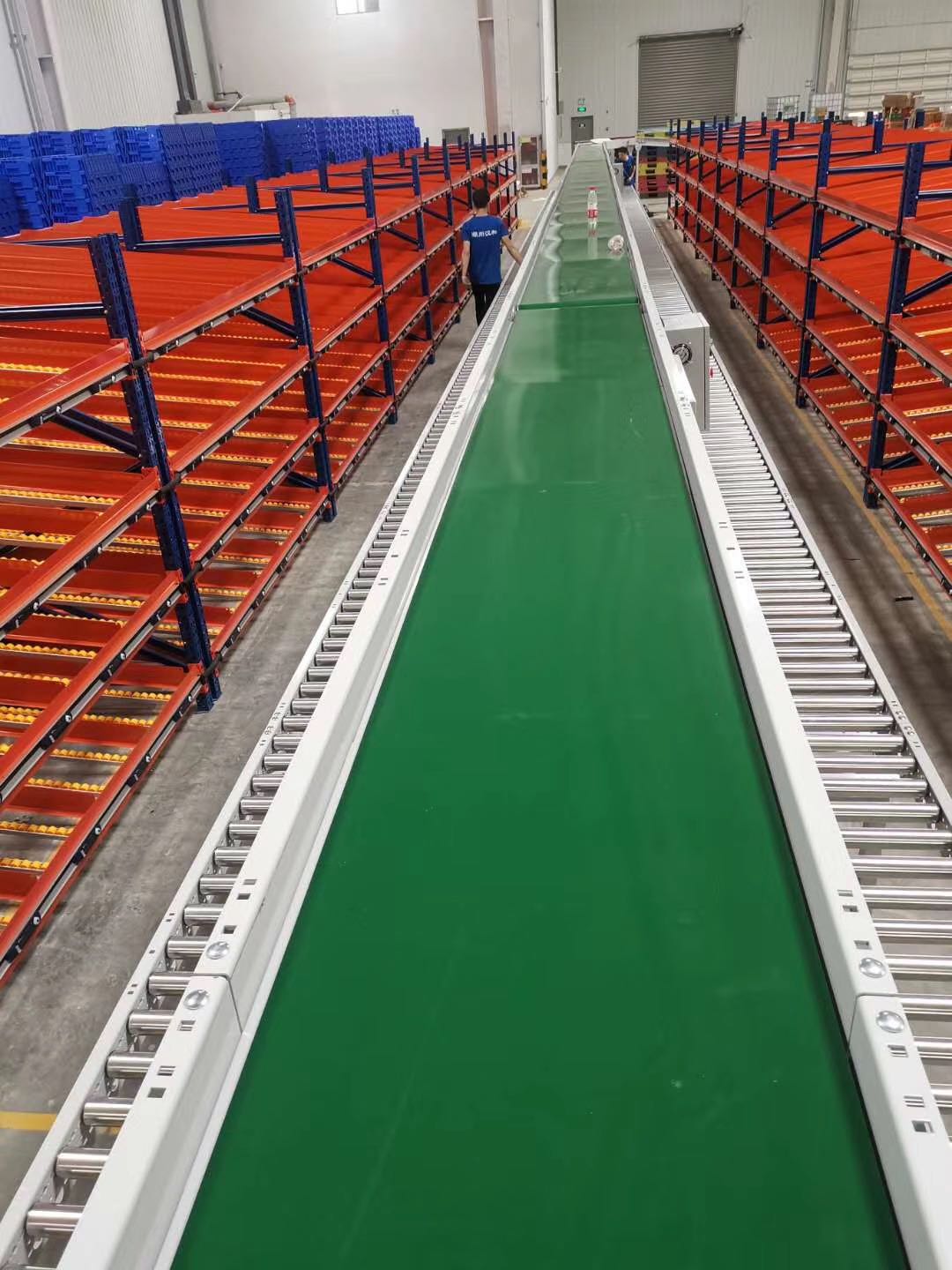
3. Beyond the Steel: Value-Added Services
Top-tier racking suppliers differentiate themselves through comprehensive services that extend far beyond the transaction:
Consultation & Warehouse Design: This is crucial. Experienced suppliers offer expert site surveys and utilize sophisticated CAD or warehouse simulation software to design layouts that maximize cube utilization, optimize workflow, ensure safety compliance, and accommodate future growth. They translate your operational needs into an efficient physical plan.
Engineering & Load Calculations: Professional engineers on staff provide certified load capacity drawings and seismic calculations (where required). This is non-negotiable for safety and legal compliance. Reputable racking suppliers stand behind their engineering.
Installation: Proper installation is critical for rack safety and performance. Reliable suppliers employ trained, certified, and insured installation crews who follow strict protocols and manufacturer specifications. They handle everything from offloading to final bolt torque checks.
Project Management: For complex projects, dedicated project managers coordinate all aspects – design approval, manufacturing schedules, delivery logistics, installation crews, and site communication – ensuring a smooth and timely rollout.
Maintenance, Inspection & Repair: Ongoing service is vital. Suppliers offer scheduled inspection programs to identify wear, damage, or potential safety hazards. They provide repair kits, replacement components, and retrofitting services to extend system life and maintain safety standards.
Safety Training & Accessories: Providing training on safe racking use and forklift operation around racking. Offering essential safety accessories like column guards, rack protectors, aisle marking, and safety netting/decking.
Software Integration Support: Assisting with integrating racking layouts into Warehouse Management Systems (WMS) for accurate location tracking.
Choosing racking suppliers based solely on price per component is shortsighted. The value of these services directly impacts long-term operational efficiency, safety, and total cost of ownership.
4. Industry Expertise & Compliance: Matching Your Needs
The best racking supplier for a frozen food warehouse may not be the best for an aerospace parts facility. Industry-specific expertise matters profoundly:
Regulatory Knowledge: Different industries face unique regulations. Suppliers servicing the food and beverage or pharmaceutical sectors must understand FDA requirements regarding materials (e.g., powder-coated finishes for cleanability) and sanitation. Cold storage racking suppliers need expertise in low-temperature steel performance and condensation mitigation.
Material & Coating Requirements: Harsh environments demand specific solutions. Suppliers serving chemical storage need corrosion-resistant coatings (e.g., galvanized, epoxy). Automotive parts storage might require specialized coatings to resist oils and solvents.
Operational Nuances: Understanding industry-specific workflows is key. E-commerce fulfillment centers need dynamic picking solutions (carton flow, bin shelving). Manufacturing facilities often require specialized work-in-process (WIP) storage or kitting solutions integrated with racking.
Safety Standards: Beyond general rack safety (like RMI - Rack Manufacturers Institute standards), specific industries (e.g., hazardous materials storage) have additional stringent requirements that racking suppliers must navigate.
Proven Track Record: Look for suppliers with demonstrable experience and case studies within your specific industry. They will anticipate challenges and offer proven solutions.
Partnering with racking suppliers who possess deep domain knowledge ensures your storage system is not just compliant but optimally configured for your unique operational environment.
5. Selecting Your Ideal Racking Supplier: Key Evaluation Criteria
With numerous options available, making an informed choice requires careful evaluation. Consider these critical factors:
Reputation & Experience: How long have they been in business? What is their track record? Look for established suppliers with a solid reputation for quality and reliability. Check references and online reviews specifically related to project execution and after-sales service. Industry certifications (like RMI membership) are a positive indicator.
Product Quality & Certifications: Inquire about the source of their steel, manufacturing standards (e.g., ISO 9001), and adherence to industry safety standards (RMI/ANSI MH16.1 in North America). Do they provide certified load drawings? Quality directly impacts safety and longevity.
Technical Expertise & Engineering Capabilities: Do they have qualified engineers on staff? Can they handle complex designs, seismic requirements, or unique structural challenges? Evaluate their design process and the sophistication of their planning tools.
Range of Services: Do they offer the full suite of services you need (design, install, maintenance)? Can they scale to support your project size? Do they provide ongoing support?
Financial Stability: Racking is a significant investment. Ensure the supplier is financially sound to guarantee they can fulfill orders, honor warranties, and provide long-term support.
Communication & Responsiveness: Clear, proactive communication throughout the sales, design, and implementation phases is essential. Assess their responsiveness to inquiries and their willingness to collaborate.
Safety Culture: Safety should be paramount. Ask about their safety record, installer training and certification programs, and commitment to providing compliant solutions. Do they offer robust inspection and maintenance programs?
Cost & Value: While price is a factor, focus on total value. Consider the quality of the product, the comprehensiveness of services, the expertise provided, the longevity of the system, and the potential cost savings from optimized space and workflow. Obtain detailed, comparable quotes.
The Future of Racking Suppliers: Embracing Technology and Sustainability
The role of racking suppliers is evolving rapidly:
Integration with Automation: Suppliers increasingly need to design racking that seamlessly integrates with AS/RS, AMRs (Autonomous Mobile Robots), and automated shuttle systems. Understanding the interface between racking and automation technology is becoming essential.
Advanced Design & Simulation: Utilizing AI-powered design tools, virtual reality (VR) for warehouse walkthroughs, and sophisticated simulation software to optimize layouts before installation.
Data-Driven Services: Offering IoT-enabled rack monitoring sensors or utilizing inspection data analytics to provide predictive maintenance recommendations.
Sustainability Focus: Providing racking made from recycled steel, offering end-of-life recycling programs, designing systems for maximum longevity, and optimizing designs to reduce material usage while maintaining strength. Energy-efficient warehouse designs incorporating high-density racking also contribute to sustainability goals.
Supply Chain Resilience: Leading racking suppliers are building more resilient supply chains to mitigate disruptions and ensure timely project delivery.
Choosing the right racking suppliers is a strategic decision with far-reaching consequences for your warehouse operations. It’s about more than just buying metal; it’s about selecting a partner who brings engineering excellence, industry knowledge, comprehensive services, and a commitment to safety and quality. By thoroughly evaluating potential racking suppliers across the dimensions of supplier type, product range, value-added services, industry expertise, and core selection criteria, you position your business for success. Invest the time upfront to find a partner who understands your unique challenges and goals. The right racking supplier will deliver not just a storage system, but a foundation for efficiency, safety, scalability, and competitive advantage in your logistics operations for the long term.



